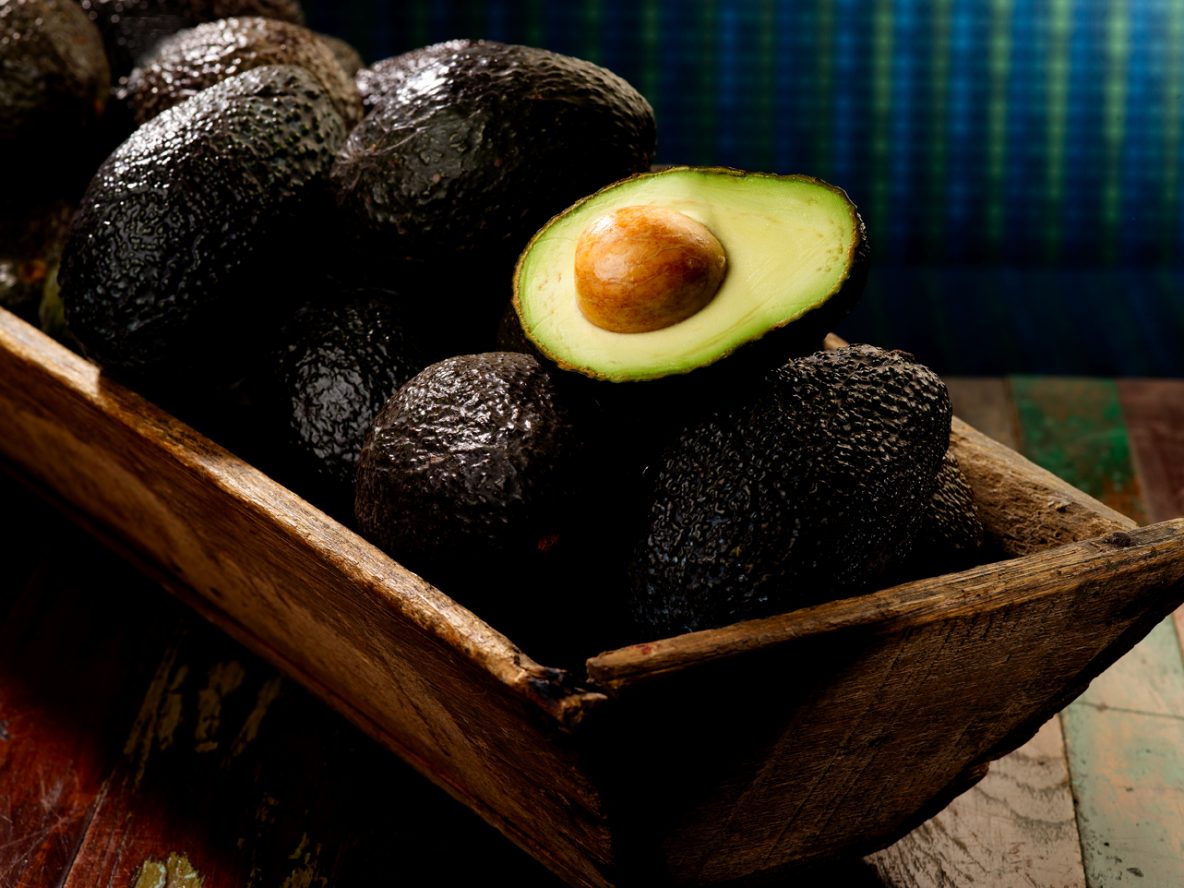When I learned the craft of photography is was truly a labor of love. Being a photographer required mastering certain and specific technical skills in order to even create an acceptable output. Photography was the perfect meld between art and science that offered both right and left brain challenges. Without waxing nostalgic about the good old days of film photography, there was something to be said for learning one’s craft. There were rules to learn in order for you to achieve results. It was time-consuming and costly to take photos so there was more of an emphasis on study. I remember reading textbooks, leafing through books of famous photographers like Irving Penn, Richard Avedon, and Henri Cartier-Bresson. Asking questions and hitting roadblocks. All of which fueled my desire to become a photographer. The harder it was the more I wanted to succeed.
Many, many poor attempts gave way to minor successes. I kept learning until I knew all the rules of photography. The rules that governed composition, lighting and exposure. The rules that would translate into amazing photographs.
Don’t get me wrong in no way to I pine for the Darkroom ages. I love digital photography and it’s instant gratification. I love that you can take amazing photos with a phone, I love having it with me whenever I want to shoot. I have a camera available all the time and can see the results as they happen. One has to question, how relevant are professional food photographer’s in an age of Instagram I -phone world? Are the new generation of photographers better off because of technology or are they missing a valuable component of the photographic process?

The universal truth is good work is good work. No matter what medium you use or what equipment you have, a great photo stands on its own. Nothing can substitute for great lighting, composition, and subject.
Technology enables you to create an acceptable outcome regardless of skill. You can always work the image in post to come up with something good or even great. For me, however, the true test of a great photograph is that has to be captured in camera. No tricks just good lighting, composition and subject. To be able to envision the outcome before the shutter is released then see it materialize as a finished product.
As a professional food photographer, I can rely on a knowledge base acquired over a lifetime of experience to achieve an outcome for my clients that serves their agenda. Before the digital photo revolution, which has only been mainstream for ten years, I was already technically proficient in lighting and composition. Technology has enabled me to become extremely fast as well.

I consider myself lucky. I learned photography as it was traditionally taught since it’s inception. When digital tools became available I jumped into the new technologies and embraced them. Have the younger photographers been shortchanged? Has the art of photography been lost to technology or does it even matter?
In my opinion, any true craftsperson will use whatever tools are at their disposal to create amazing work. As long as the photographer understands lighting and composition they can be great.
The important question to ask is has the bar been lowered? I look at Pinterest, facebook, Instagram and Flickr and see a lot of really bad food photography. But I also see a lot of really good work as well. Without these digital tools, this new group of food photographers would never have had the chance to develop. Add in the fact that the demand for content is ever increasing and you have the opportunity for a lot of people shooting food.
Once a club for elite photographers shooting food has become mainstream. My takeaway is there is always room at the table for good photographers. With technology and a voracious appetite for content, I think there is room for photographers of all skill levels. The need for food photographers is more relevant than ever. I am glad to call myself one.

